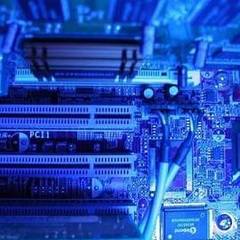Computer Failing to Start from Sleep Issue
-
Featured Topics
-
Topics
-
1
-
0
-
2
-
UnRaidLegends ·
Posted in Laptops and Pre-Built Systems0 -
3
-
7
-
2
-
Shane Martin ·
Posted in Displays2 -
5
-
INotPablo ·
Posted in CPUs, Motherboards, and Memory2
-











.thumb.jpeg.9babd505c85c11addf31a285a02547cc.jpeg)







Create an account or sign in to comment
You need to be a member in order to leave a comment
Create an account
Sign up for a new account in our community. It's easy!
Register a new accountSign in
Already have an account? Sign in here.
Sign In Now